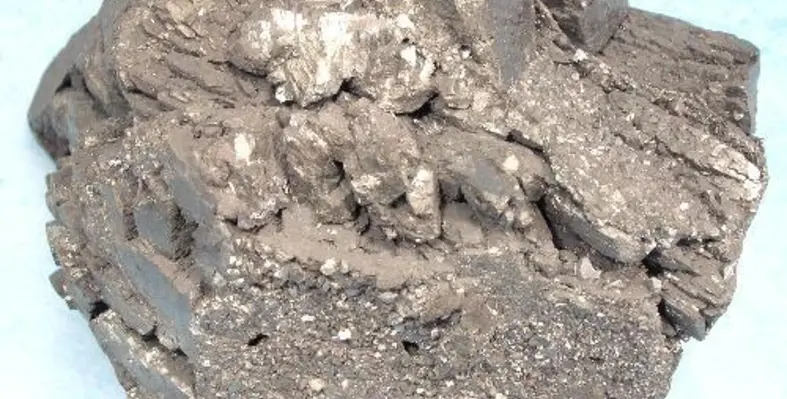Unsustainable maybe, but Africas main sources of wealth remain under the surface.
Generally, contractors say mining and oil/gas companies are amongst the best clients anywhere. Their development schemes are usually vast and fast; they like to keep things moving, so they pay up promptly. International institutions like them as clients because they know the rules about business plans and budgeting, and are more or less guaranteed of a profitable future. And on the whole they are well run. However, apart from the need for capital, the main problem is that so many of their projects are located in remote areas, and the local trained workforce is sparse if it exists at all. Today's highly mechanised schemes can't go ahead without 24 hour services, including ICT. So they rely on secure camp accommodation, air-lift deliveries and isolation from local communities.
All these facilities have to be put in by the construction industry itself. And often all the high-tech kit is relocated to another site as soon as the project is up and running, which is why seemingly costly hire of equipment figures so prominently. Sadly few local firms can meet this demand, short-notice engine generator supply being a case in point.
In addition, most of the process plant - the furnaces for smelting and the pressure vessels for oil and gas - have to be fabricated abroad and manoeuvred in; that's a job for the construction industry too. Often completely new roads and even rail lines, strengthened bridges, jetties and the like have to be put in. This is what happened with the revival of iron ore mining in Liberia, fuelled by oil. On a smaller scale it was seen with the development of gold resources in Tanzania. And its happening in Ghana today. Often some kind of a 'social contract', to build schools and clinics, is built in. And of course the South Africans in the form of specialised construction companies like TWP are the established regional experts in all forms of solid minerals development and processing, with a large domestic supply capability for meeting just about every mining need – and exporting too. Its a SA business that builds those world-beating mining trucks, and another that's behind Nigeria's promising gas-to-liquids plans.
Sub-Saharan Africa equals good profits for the successful, which is why specialised overseas businesses like Italy's Salini (hydro development), Saipem (energy development, also Italian), Bouygues and Orascom (France and Egypt, large-scale construction in general) and Tata Housing (India) are all well established here – and often score whenever internationally funded contracts are in the offing. Tied contracts for their own national equipment suppliers are often part of the deal. Or supply concessions are granted. Whichever route is taken its construction contractors who dig the dirt.












